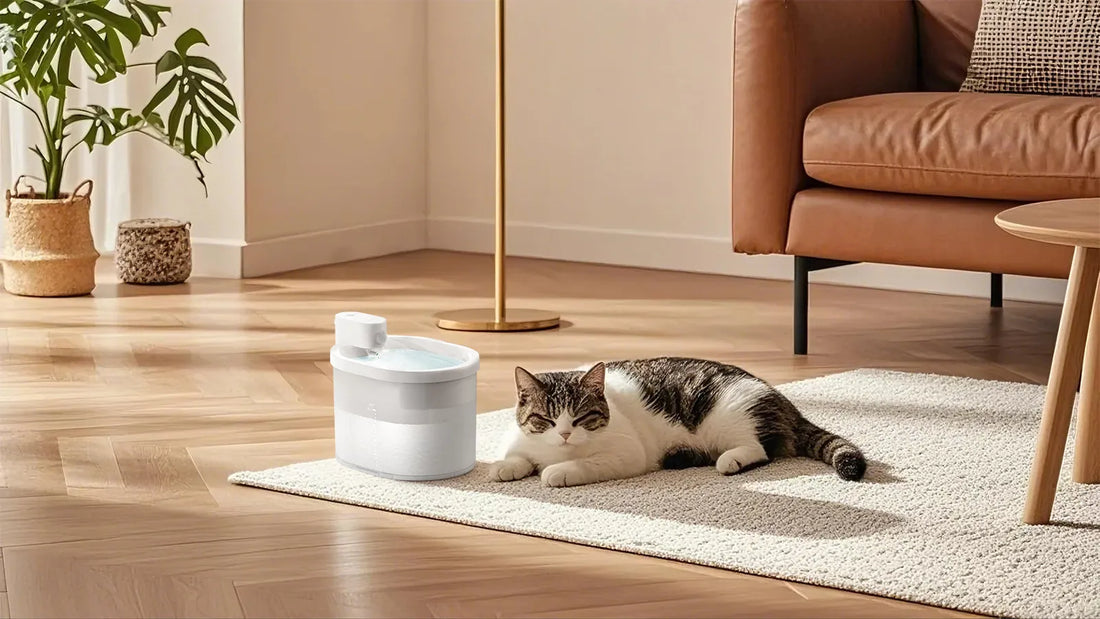Have you ever noticed your dog suddenly avoiding their water bowl? It can be alarming to see your furry friend stop drinking water, especially when you know how essential hydration is for their well-being. Understanding why this happens is crucial to addressing the issue effectively and ensuring your dog remains healthy and happy.
Common Reasons Why a Dog Stops Drinking Water
There are several reasons why a dog might stop drinking water. Some are minor and easily resolved, while others may require immediate attention. Here are the most common causes:
1. Illness or Underlying Health Conditions
One of the primary reasons a dog stops drinking water is illness. Conditions such as kidney disease, diabetes, or infections can significantly reduce their thirst. If your dog shows other symptoms like lethargy, vomiting, or changes in appetite, it’s essential to consult a veterinarian promptly.
2. Stress or Anxiety
Dogs are sensitive creatures, and stress or anxiety can impact their behavior, including their drinking habits. Changes in their environment, such as moving to a new home or the introduction of a new pet, can cause them to avoid water. Providing a calm and stable environment can help alleviate this issue.
3. Dental Problems
Painful dental issues, such as gum disease or broken teeth, can make drinking water uncomfortable for your dog. If you notice your dog pawing at their mouth or showing signs of discomfort while eating or drinking, a dental check-up is necessary.
4. Change in Diet
A sudden change in diet, especially if it includes wet food, can reduce your dog’s need for water. Wet food contains a higher moisture content, which might lead to decreased water intake. However, it’s still important to monitor their hydration levels.
5. Environmental Factors
Extreme weather conditions, such as excessive heat or cold, can affect your dog’s drinking habits. During hot weather, dogs may drink more water, while in colder months, they might drink less. Ensuring their water is at a comfortable temperature can encourage them to drink.
Health Risks of Dehydration in Dogs
Dehydration can have severe consequences for your dog’s health. It can lead to organ failure, heatstroke, and even death if left untreated. Recognizing the signs of dehydration is crucial:
- Dry gums and nose
- Lethargy or weakness
- Loss of skin elasticity
- Sunken eyes
- Panting excessively
If you suspect your dog is dehydrated, seek veterinary care immediately. Early intervention can prevent serious complications.
How to Encourage Your Dog to Drink Water
If your dog has stopped drinking water, there are several strategies you can try to encourage them to hydrate:
1. Provide Fresh and Clean Water
Ensure your dog always has access to fresh, clean water. Change the water in their bowl daily and clean the bowl regularly to prevent bacteria buildup.
2. Try Different Water Bowls
Some dogs are picky about the type of bowl they drink from. Experiment with different materials, such as stainless steel, ceramic, or plastic, to see what your dog prefers.
3. Add Flavor to the Water
Adding a small amount of low-sodium chicken broth or bone broth to their water can make it more appealing. Be sure to use a pet-safe option without added salt or spices.
4. Use a Pet Water Fountain
Many dogs are attracted to running water. A pet water fountain can entice your dog to drink more by providing a continuous flow of fresh water.
5. Monitor Their Water Intake
Keep track of how much water your dog is drinking daily. This can help you identify any changes in their habits and address potential issues early.
When to Seek Veterinary Help
If your dog continues to avoid water despite your efforts, or if they show signs of dehydration or illness, it’s time to consult a veterinarian. A professional can diagnose any underlying health conditions and recommend appropriate treatment.
Remember, your dog’s hydration is vital to their overall health. By understanding the reasons behind their behavior and taking proactive steps, you can ensure they stay hydrated and happy. Don’t wait until it’s too late—act now to keep your furry friend thriving!













